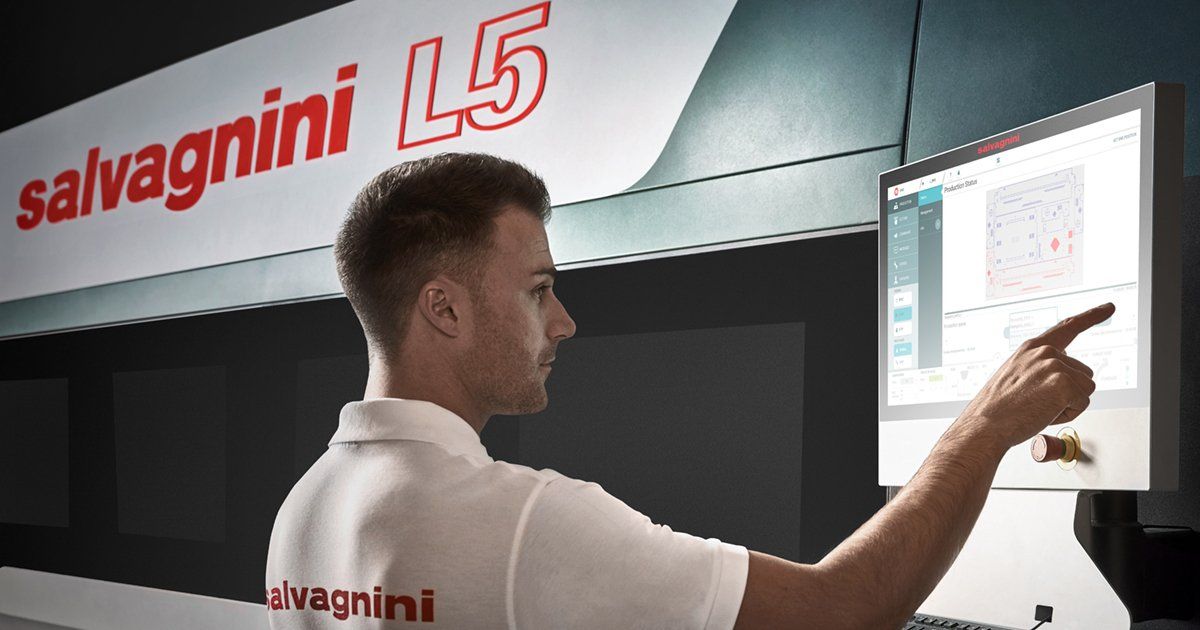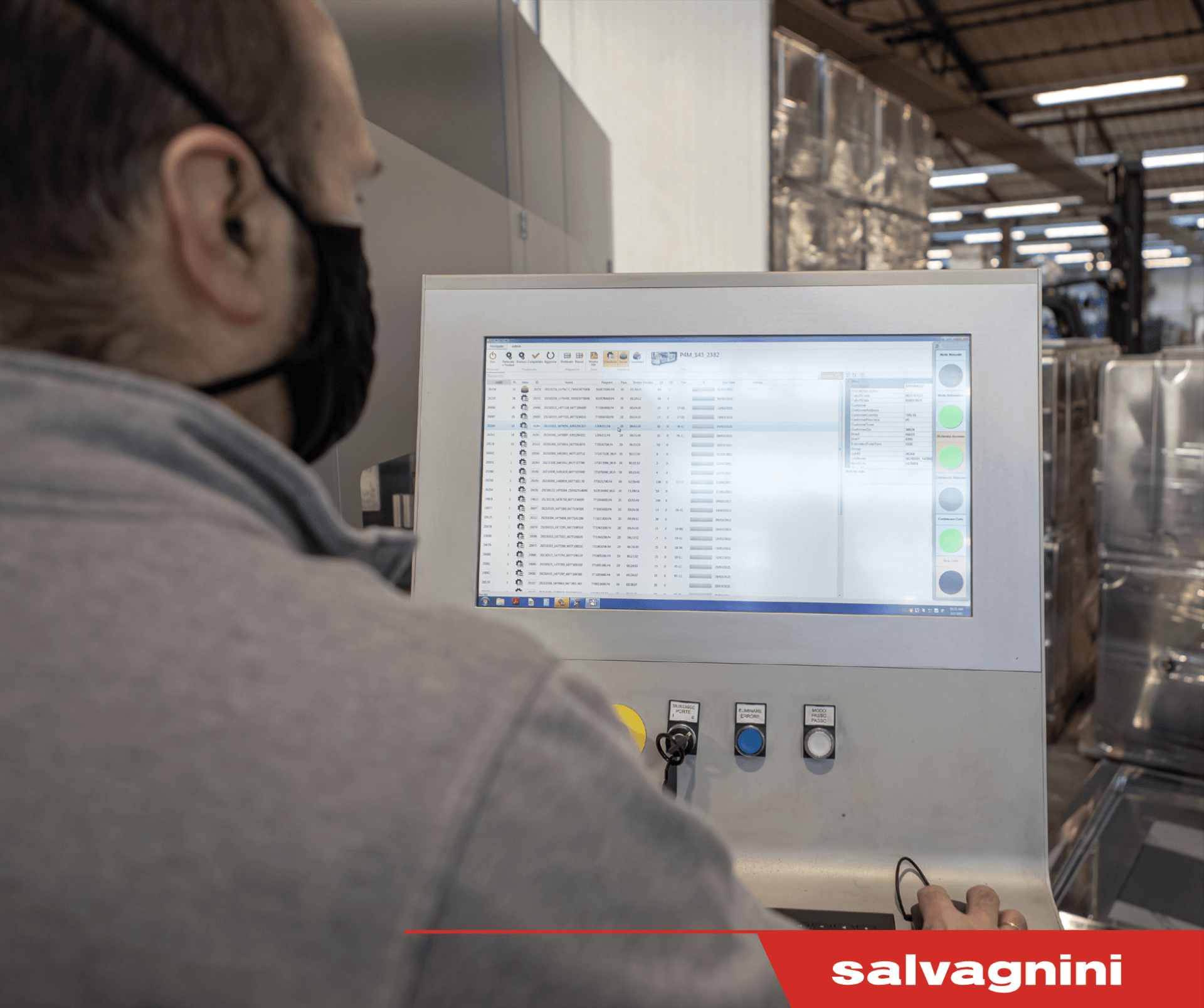How Lean Manufacturing Works

The first lean manufacturing system was implemented 80 years ago, in the 1940s, by its inventor, Toyota's Taiichi Ohno. What began as a simple chart for efficient manufacturing project management quickly evolved into a system credited as the TPS (Toyota Production System), Lean Manufacturing, and is also the source of the popular Kanban project management method.
This simple, focused approach to manufacturing efficiency took the world by storm for a reason: it works.
Lean manufacturing is the application of lean principles and practice - seeking to boost efficiency and reduce waste - in the development and manufacture of physical products. Lean manufacturing can apply to a single process or the design principles of an entire production line.
Why is Lean Manufacturing Important, and How Can it Help?
Lean manufacturing is vital to the smooth operation of any manufacturing process. Lean principles focus on reducing material and human resource wastes to improve quality. This simple approach allows you to reduce costs, reduce production time, and optimize your workforce's value by eliminating tasks or routines that waste their time.
Lean manufacturing principles also focus on iteration, meaning that solutions never stop at a single lean design. Once your manufacturing equipment and facilities have conformed to lean designs, they form the foundation for optimizing human operations and the software tools used to orchestrate production.
What is the Meaning of Lean Manufacturing?
The term "Lean Manufacturing" refers to principles applied in manufacturing operations. Lean manufacturing focuses on equipment, facility, software, and human workflow design that eliminates waste of time and resources while increasing quality and customer satisfaction.
The Kanban (visual) project management method is used in lean manufacturing to create a systematic process to identify waste, promote value, and optimize with every iteration.

What are the 5 Principles?
The original Toyota Way of lean manufacturing included 14 guiding principles, refined (leaned down, you might say) into five principles that any team can build into their planning and daily management operations.
1. Identify Value
The first step in lean manufacturing is to identify what matters most. Identifying value allows you to set some features or tasks on a pedestal while cutting away unnecessary waste from the process. This involves determining what the customer considers valuable and the inherently useful features (ex: durability). Everything outside of the value identification will be leaned to prioritize these values.
2. Value Stream Mapping
To visualize each step of production, use Kanban's value stream mapping. This will allow you to see each step's entire process, resources, and human effort. It becomes easier to identify waste and opportunities for improvement when looking at a visual map rather than a jumble of lists and reports.
3. Create Flow
Flow is the ease by which your manufacturing progresses from one stage to the next. Eliminating waste and streamlining connections between stages allows you to reduce the lead time and optimize material and human resources in the production chain.
4. Pull System
Just-in-time production avoids over-producing goods before they're needed. This is known as a pull system, whereby items are produced only after customers request them. Warehousing inventories are minimized, allowing more space for new orders. Just-in-time production systems eliminate excess capacity and lead times.
5. Continuous Improvement
Continuous improvement is one of the greatest innovations and core principles of the lean manufacturing system. No system is perfect, no matter how well-designed it initially was. This means there is ALWAYS room for improvement in materials, lean systems, or human operations. By continuously identifying where there is room for improvement, every iteration continues to decrease waste and increase value.
Advantages of Lean Manufacturing
- Customer satisfaction in your product quality and delivery
- Increased reputation for reliability and high quality
- Employee satisfaction as time-wasting and inefficient tasks are removed
- Reduced production costs and overhead
- The satisfaction of doing it right
Every manufacturing brand and facility can benefit from applying lean manufacturing principles. Your brand will gain a reputation for dedication to its quality as customers appreciate that your goods get higher in quality over years of loyal purchasing, and your delivery methods have become more efficient.
Your team will appreciate that their time is not being wasted on inefficient tasks, and your budget will reflect every reduction of waste in both expenses and overtime. Finally, your business will thrive if it continues seeking new ways to do things rather than being stuck in the status quo.
Work with the Lean Manufacturing Specialists − Salvagnini America
Are you looking for ways to improve efficiency in design and production? Salvagnini America specializes in lean manufacturing, where your manufacturing equipment matters most.
Salvagnini America is proud to provide more than just manufacturing equipment; we work closely with each client to ensure we create a lean, waste-free system with every design. We have decades of experience providing solutions for businesses like yours.
Contact us today to learn more about eliminating wasted time and materials.
See what
Salvagnini America can do for you!

salvagnini america inc.
27 Bicentennial Court
Hamilton, Ohio 45015 USA
513-874-8284
info@salvagnini.com
Salvagnini America Inc,



